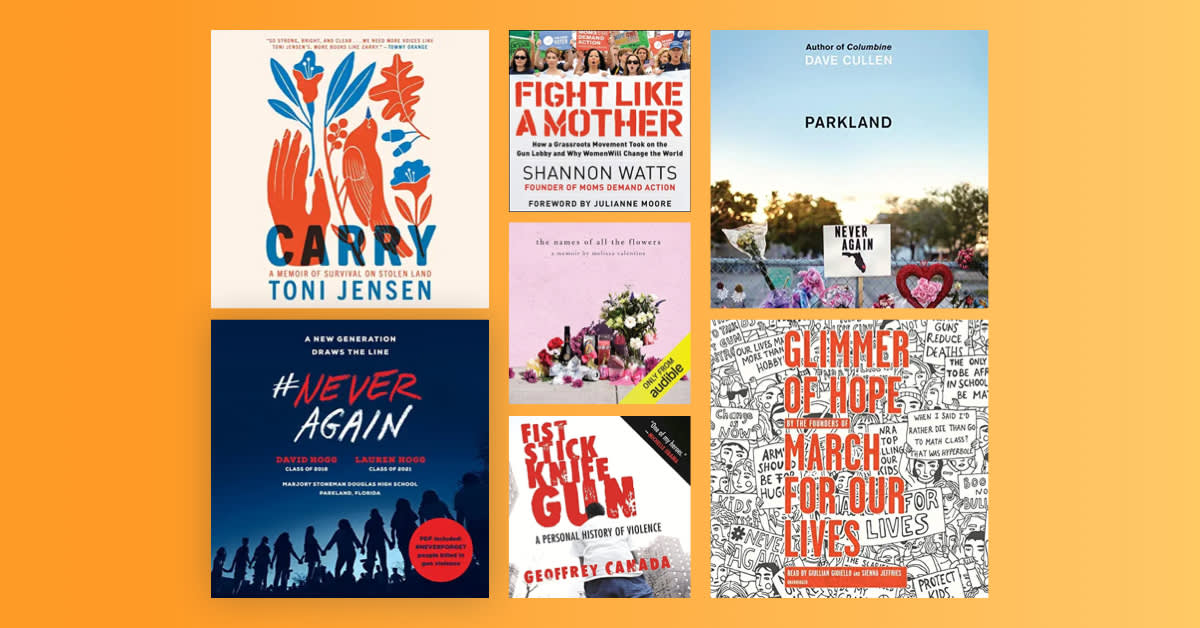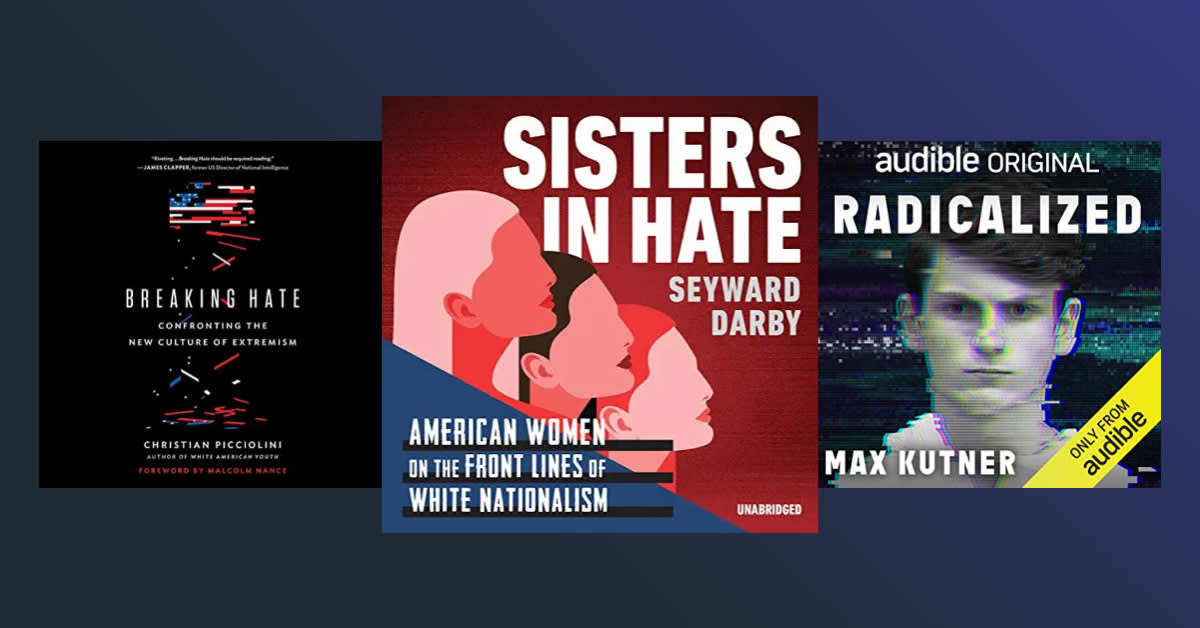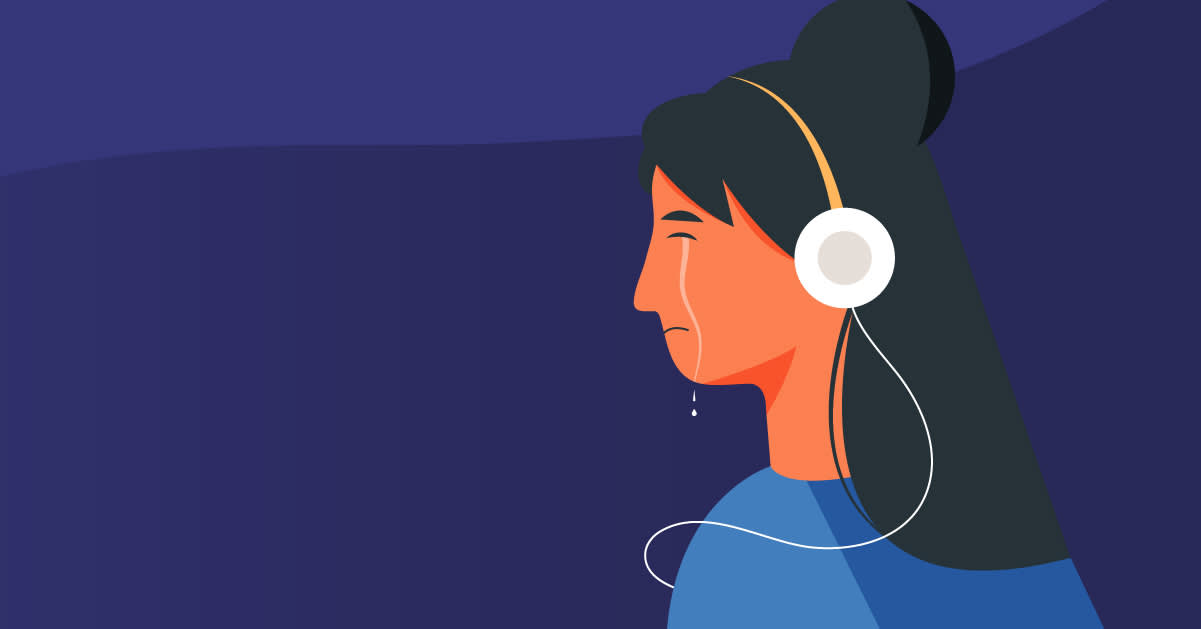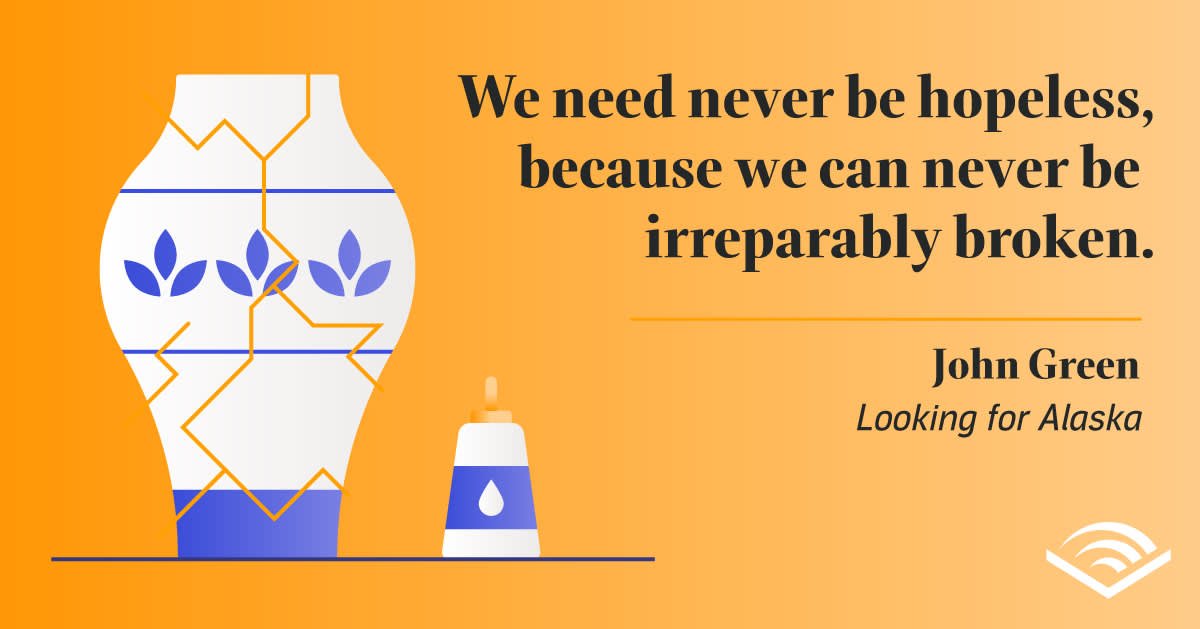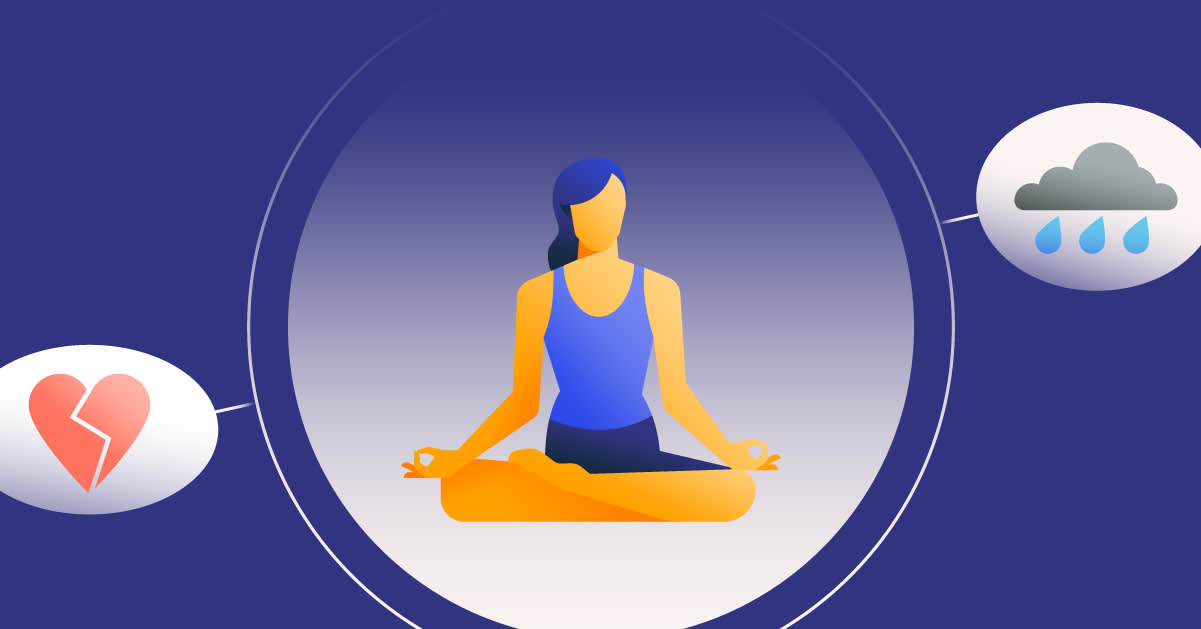Orange is a color so vibrant and fiery that it’s impossible to ignore; it doesn’t so much draw attention as demand it. A certain hue called “blaze orange” is the choice of hunters seeking high visibility in wooded terrain, with some states even mandating the color be incorporated into their outerwear to ensure their safety. This color, bright and bold, ensures they remain visible and unmistakably human, separating themselves from their surroundings and the game they pursue.
Beginning in 2013, this shade took on a new meaning as friends of Hadiya Pendleton, a Chicagoan who lost her life to gun violence at only 15, donned hunter orange to express their hurt and to symbolize that they, like their fallen friend, were not targets or prey but living beings seeking an existence free of threat. Their choice of attire started a movement: Wear Orange encourages others to take the same stance annually on Wear Orange Weekend, the observance occurring in tandem with National Gun Violence Awareness Day, which is commemorated on the first Friday of June each year.
As we mourn the recent tragedies in Buffalo, Uvalde, and Tulsa (only a few of the 214 such incidents thus far in 2022, as cataloged by sources at the time of this writing), anti-violence activists are exhausted, terrified, and infuriated. Beyond mass casualty events, the public health crisis of gun violence stretches past the cases that make broadcast news for weeks—the very real, very consistent threat of daily acts of gun violence, primarily in larger cities and urban communities, makes an argument for some measure of change.
But progress cannot be achieved if we are not brave enough to listen. We’ve gathered audio from a few staggering works of nonfiction and memoir centered on the gun violence epidemic so these lived experiences may be available to all, their stories never falling to silence.
Content warning: Please note the clips below include recollections of real instances of gun violence, mass shootings, and their aftermath, many of which contain graphic or traumatic details that may be upsetting to some. Please take care and listen with caution.
Survivors, Activists, Families, and Experts in Their Own Words

David Hogg
Gun control activist, survivor of 2018’s Marjory Stoneman Douglas High School shooting

Shannon Watts
Founder of gun control advocacy group Moms Demand Action

Chris Murphy
United States senator representing the state of Connecticut

X González
Gun control activist, survivor of 2018’s Marjory Stoneman Douglas High School shooting

Toni Jensen
Indigenous writer, gun violence survivor

Dave Cullen
Journalist, author of 'Columbine' and 'Parkland'

Geoffrey Canada
Violence survivor, social activist, founder of Harlem Children’s Zone

Kaitlin Roig-Debellis
Educator, survivor of the 2012 Sandy Hook Elementary School shooting

Ryan Busse
Former firearms industry executive, gun sense policy advisor

Gabrielle Giffords and Mark Kelly
Retired Rep. Giffords is a gun violence survivor; husband Kelly is a current US senator.

Sue Klebold
Mental health advocate and mother of Columbine High School shooter Dylan Klebold

Alissa Parker
Mother of Sandy Hook Elementary School shooting victim Emilie Parker

Fred Guttenberg
Father of 2018's Marjory Stoneman Douglas High School shooting victim Jaime Guttenberg

Taylor Schumann
Survivor of the 2013 New River Community College shooting

Melissa Valentine
Writer, sister of gun violence victim Junior Valentine
Those looking for help processing the recent acts of violence can contact the Disaster Distress Helpline, a year-round, 24-hour, 7-days-a-week crisis counseling hotline specifically dedicated to assisting those struggling with any disaster, whether it be natural or human-caused. For help, dial 1-800-985-5990.
If you find yourself in crisis or need to reach a mental health professional immediately, you can contact the confidential Substance Abuse and Mental Health Services Administration (SAMHSA) National Hotline at 1-800-622-HELP, 24 hours-a-day, 7 days-a-week.
